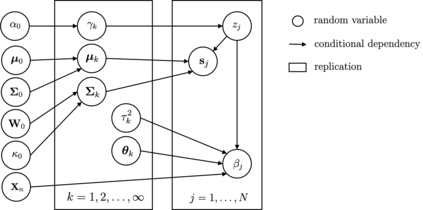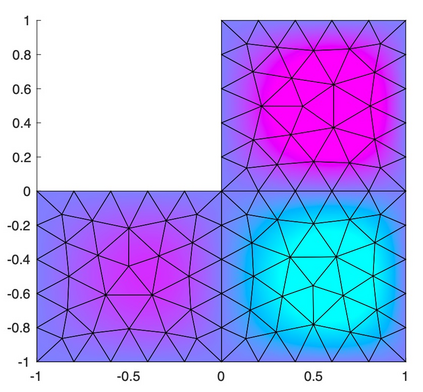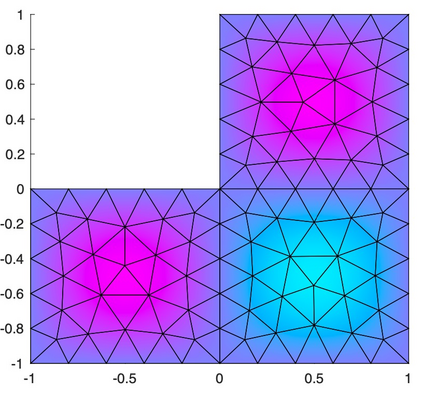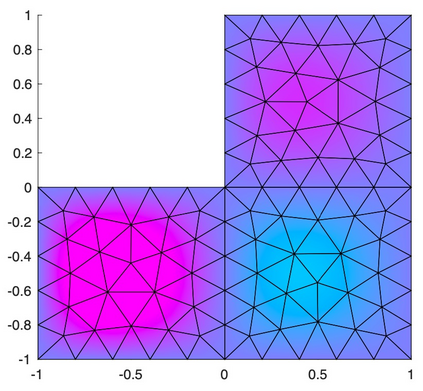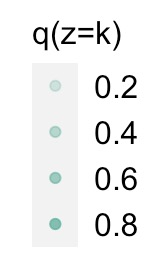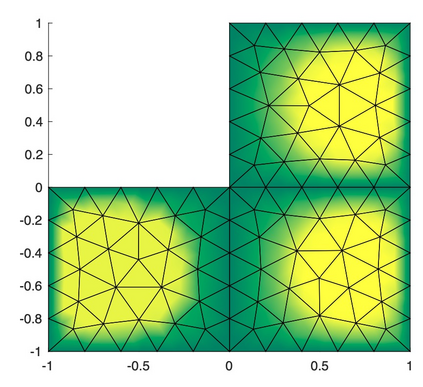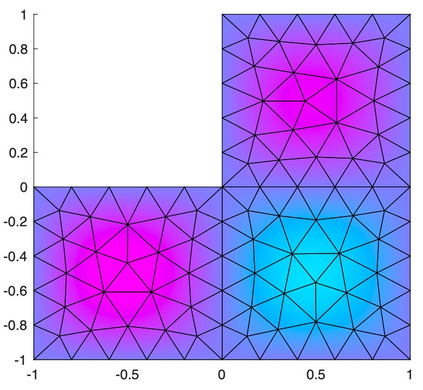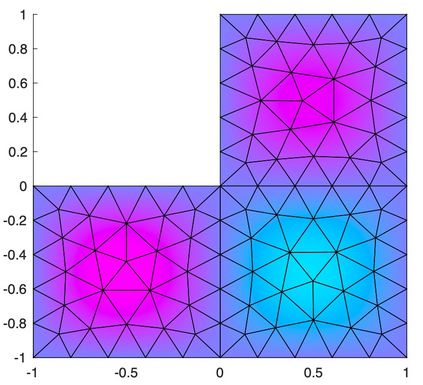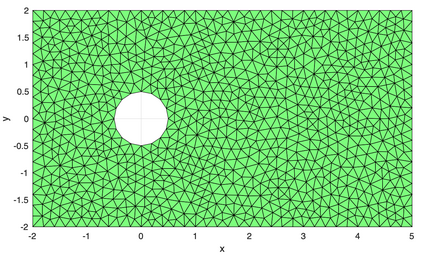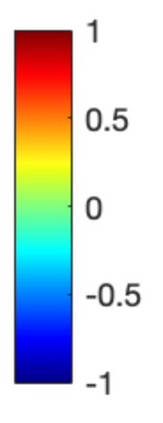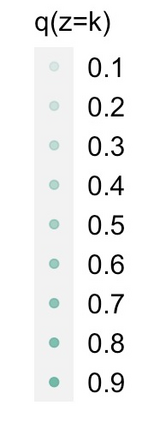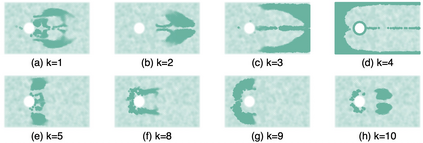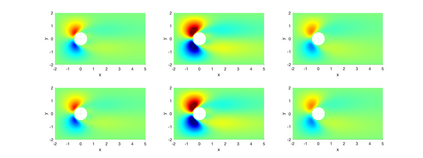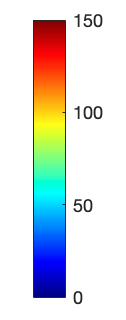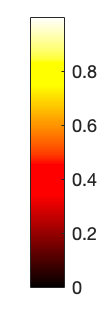Partial differential equations (PDEs) have become an essential tool for modeling complex physical systems. Such equations are typically solved numerically via mesh-based methods, such as finite element methods, the outputs of which consist of the solutions on a set of mesh nodes over the spatial domain. However, these simulations are often prohibitively costly to survey the input space. In this paper, we propose an efficient emulator that simultaneously predicts the outputs on a set of mesh nodes, with theoretical justification of its uncertainty quantification. The novelty of the proposed method lies in the incorporation of the mesh node coordinates into the statistical model. In particular, the proposed method segments the mesh nodes into multiple clusters via a Dirichlet process prior and fits a Gaussian process model in each. Most importantly, by revealing the underlying clustering structures, the proposed method can extract valuable flow physics present in the systems that can be used to guide further investigations. Real examples are demonstrated to show that our proposed method has smaller prediction errors than its main competitors, with competitive computation time, and identifies interesting clusters of mesh nodes that exhibit coherent input-output relationships and possess physical significance, such as satisfying boundary conditions. An R package for the proposed methodology is provided in an open repository.
翻译:暂无翻译


